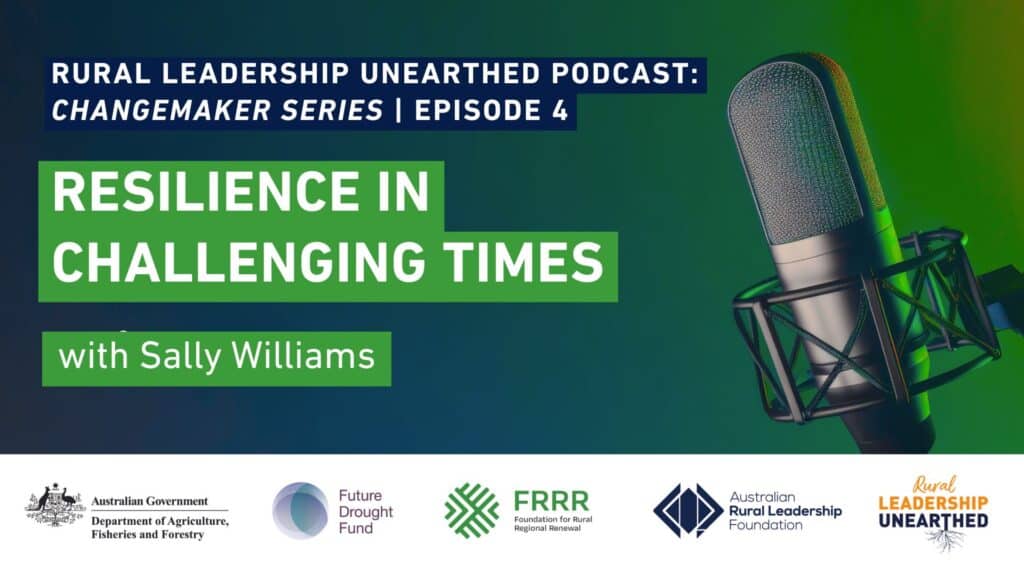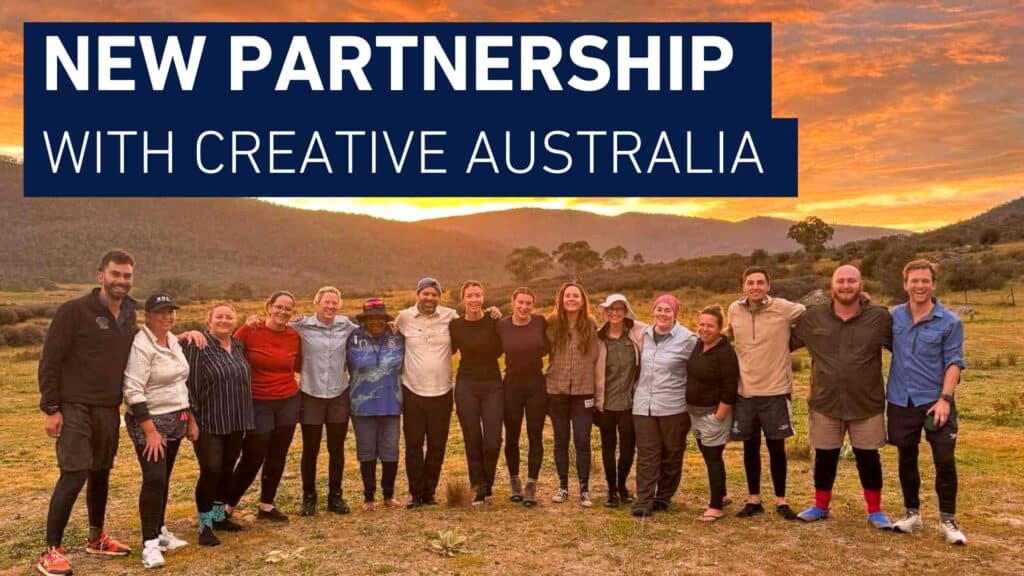Some called it the séance machine, but adapting to Zoom and Teams during the first 2020 lockdown simply felt odd.
Phrases that became all too familiar to us include – are you there, talk to me, no you’re on mute mate, it’s the buttons up the top, down the bottom off to the left-hand corner click on the microphone – there you go!
In seminal neuroplasticity work ‘The brain that changes itself’, Psychiatrist Norman Doidge said what fires together, wires together. And perhaps, after 18 months, our collective neural pathways are gradually rewiring the longer we work in the new normal.
Observations from ARLF Fellow Liz Brennan confirm that hybrid learning works. Together with ARLF Associate Jen Wressell, Liz recently completed designing and delivering a four-session Services for Australian Rural and Remote Allied Health (SARRAH) Leadership Program.
The program sought to provide allied health practitioners with a series of tailored learning units to develop and enhance their capabilities beyond technical proficiency.
As an ARLP graduate who deeply valued the face-to-face interactions with her cohort during the program, Ms Brennan said her assumptions had been challenged.
‘I’ve been watching closely as the ARLF has responded to the tricky challenges of creating experiential programs virtually,’ she said.
‘Now, as an associate, being invited to facilitate a unique and bespoke online leadership program on behalf of SARRAH, I have had a whole range of assumptions tested and debunked.
‘The connection, comradery and shared learning that SARRAH participants created were amazing.’
The virtual sessions Ms Brennan facilitated were complemented by an online learning platform providing thought-provoking resources and a chat forum for participants to engage.
‘Participants embraced this multi-media online approach, demonstrating that whilst COVID-19 might be constraining our ability to come together in person, it’s not affecting our ability to come together online.
‘The resonating thing I got from delivering the program was that real leadership learning could happen using a hybrid of online and forum platforms, and the learnings can be profound.’
ARLF Partnerships Director Philippa Woodhill said that supporting SARRAH and stepping into online delivery was a practical decision.
‘The timing is right to take a risk on using an online platform to support leadership development,’ Ms Woodhill said.
‘And it was easy to say yes to a collaboration when SARRAH approached us because we understand the primary importance of allied health service members in rural, regional and remote Australia.’
The ARLF’s associate model began in 2019 when a group of alumni and ARFL representatives met to explore how working closely with a group associated could increase the foundation’s reach and impact. Today, the ARLF collaborates with associates in over ten regions to design and deliver its Drought Resilience Leaders Program. ARLP Cohort 21 graduate Ms Brennan said the associate model ensured alumni could continue to ‘create that magic’ and contribute after the program ended.
‘Becoming an associate was an obvious and exciting opportunity and a way in which I could contribute to leading even bigger conversations and proactive change for regional Australia,’ Ms Brennan said.
‘I have thoroughly enjoyed being part of the ARLF deliberations on how to capitalise on this energy and network of leaders that the foundation has generated.
‘Being able to draw upon and build on the vast and diverse ARLF Alumni is a huge asset and opportunity.’
Are our neural pathways rewiring, and we will embrace online learning? It’s probably too early to tell. For now, the ARLF will still provide in-person delivery where possible and continue to adapt to the inevitable challenges the COVID-19 continues to present us with.
By Lockie McDonald, Director Strategic Projects





